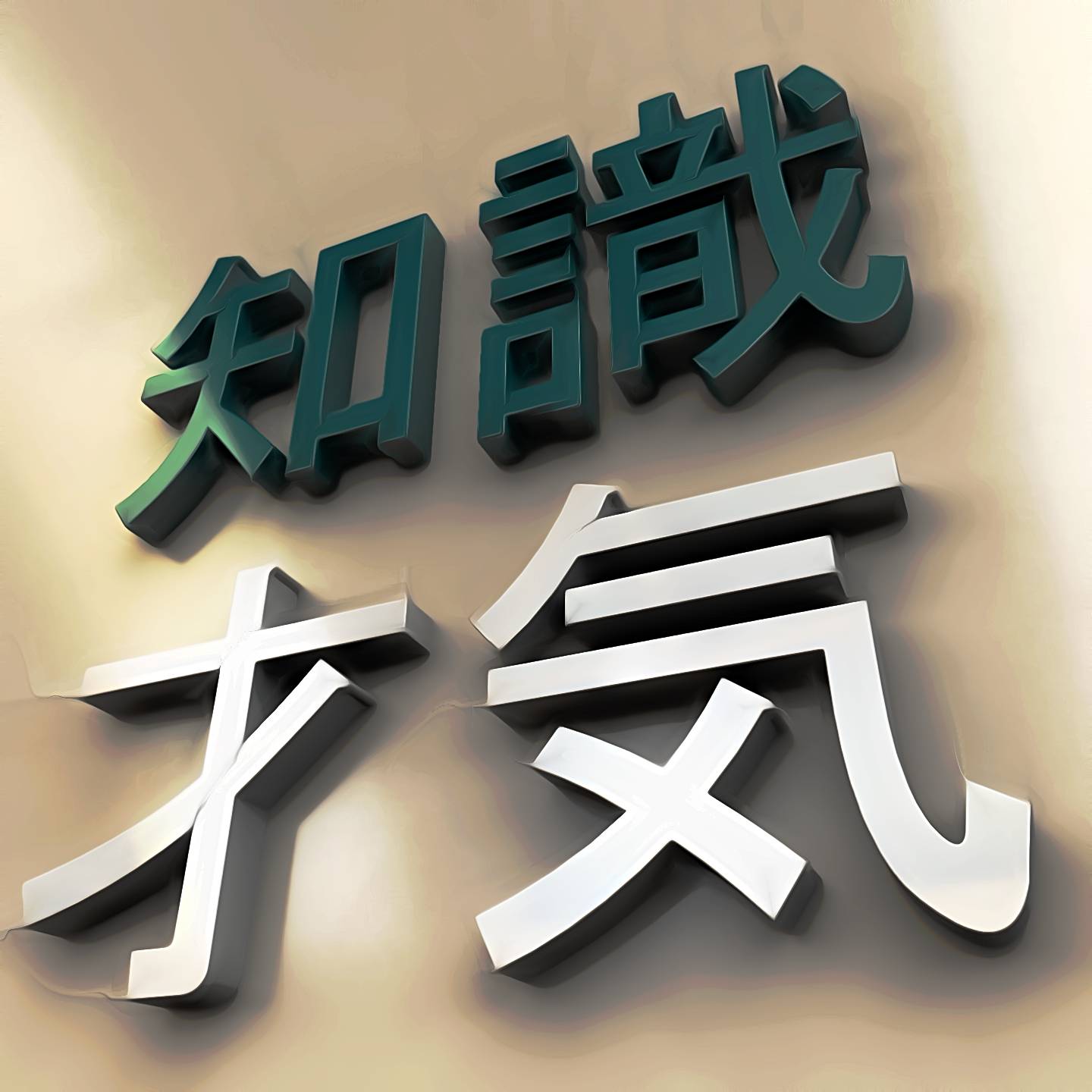You can know the terminology and not know what you’re doing.
Please Remember:
The opinions expressed are mine only. These opinions do not necessarily reflect anybody else’s opinions. I do not own, operate, manage, or represent any band, venue, or company that I talk about, unless explicitly noted.

 Want to use this image for something else? Great! Click it for the link to a high-res or resolution-independent version.
Want to use this image for something else? Great! Click it for the link to a high-res or resolution-independent version.Anyway…
I’m pretty confident that any average, adult human can be taught in less than one hour everything necessary to operate a parametric EQ.
I did not say that they would operate it well, or appropriately. Throwing them onto a stage-side monitor console to run rock-n-roll wedges in real time would probably be a very poor move. The process of you getting fired would be legendary.
The problem isn’t knowledge, especially now that many of us carry devices capable of accessing vast reserves of information by way of wireless data. The problem is wisdom born of experience. The way that you get good at wielding all manner of EQ implementations against all manner of audio goblins is by wielding EQ against audio goblins. There’s no substitute for it. Encountering problems, making changes, and hearing the results of those changes immediately is how learning takes place.
I do urge people to learn the vocabulary and the concepts. I wouldn’t spend so much time pushing math, science, and applied audio nerdery on this site if I felt differently. Knowing the words and the numbers allows you to do (at least) two things: First, you can put names and values on both problems and solutions, and second, with that ability you can then ask better questions. The heart of all engineering – that is, the application of mathematical, scientific, and logical processes to the solving of puzzles – is the asking and answering of a series of questions. The questions can be abstract or concrete. They can be theoretical, or relating to something happening in the here and now. The circumstances hardly matter; Better questions return better answers.
But if all you do is memorize the words and ideas without getting your “fubs” on them in real life, your application of the concepts will be stunted. It’s a bit like this gem from Tom Roche, written down on Pro Sound Web’s LAB Basement Forum: “As I understand it, knowledge is knowing that a tomato is a fruit. Wisdom is not putting it in a fruit salad.”
There are lots of guys and gals out there who know everything there is to know about metaphorical tomatoes, and yet make terrible, metaphorical fruit salads. Folks who can name every knob and switch on a console, yet seemingly can’t hear that their mix is all drums and barely any vocal. People who talk about audio concepts using words that you definitely recognize, yet it’s all strung together in ways that are nonsensical. Craftspersons who memorized a workflow without knowing why it worked in the first place, and who get completely wrecked when the situation calls for something different.
More knowledge is good, but there’s a point where you can no longer read your way through problem solving. At some point, the book has to be set down and some knobs turned. That’s where most of the fun is, anyway.